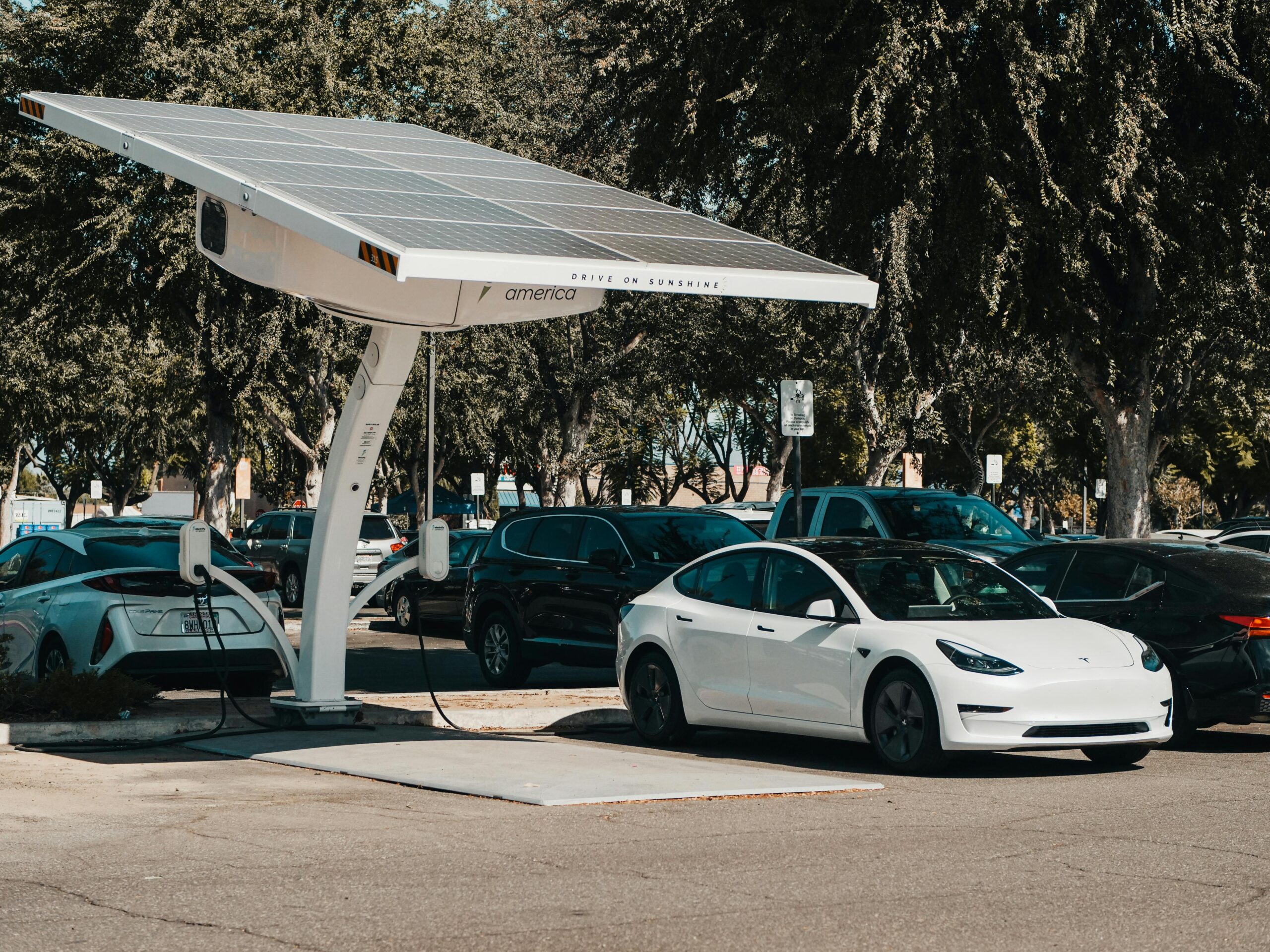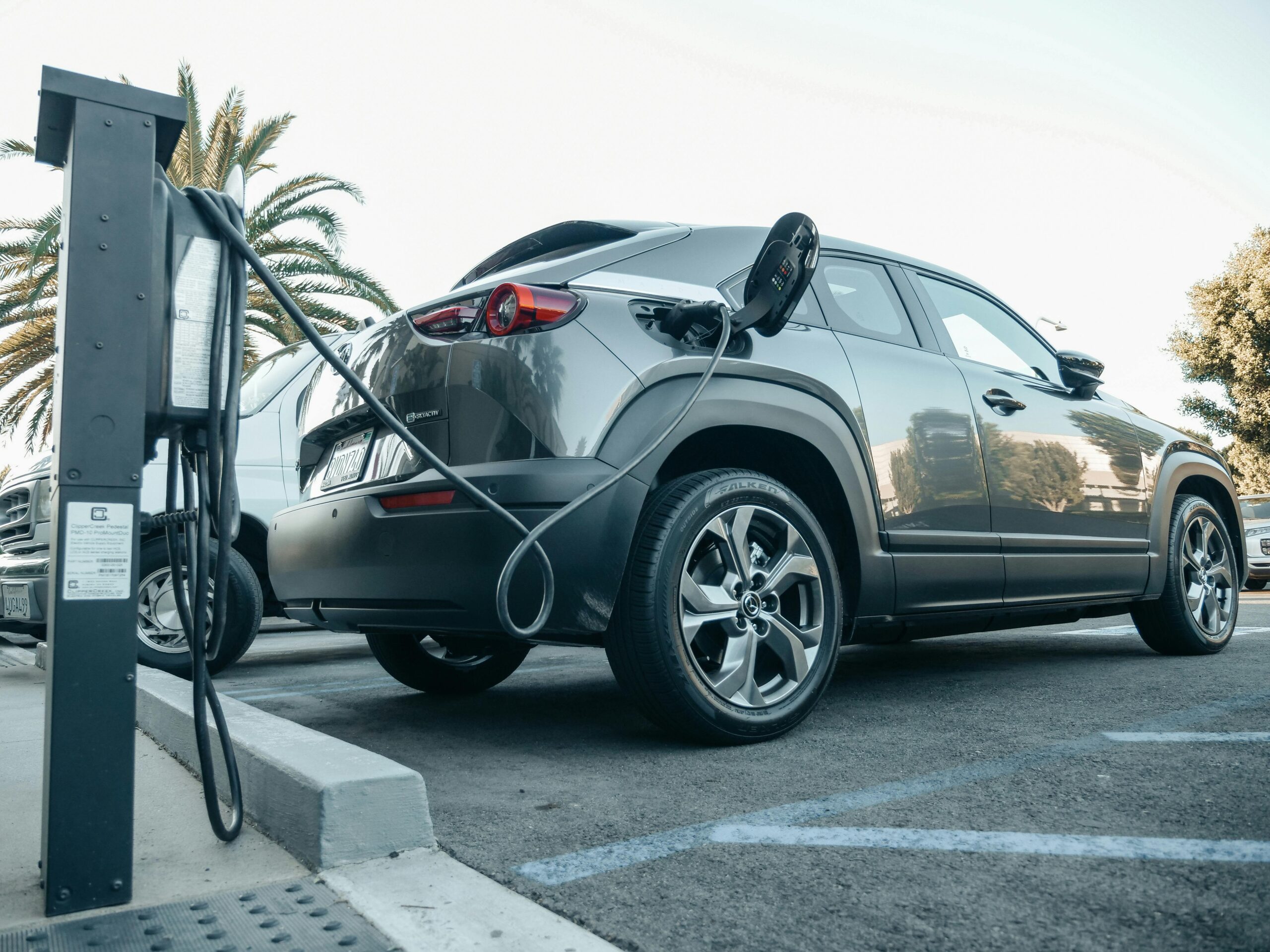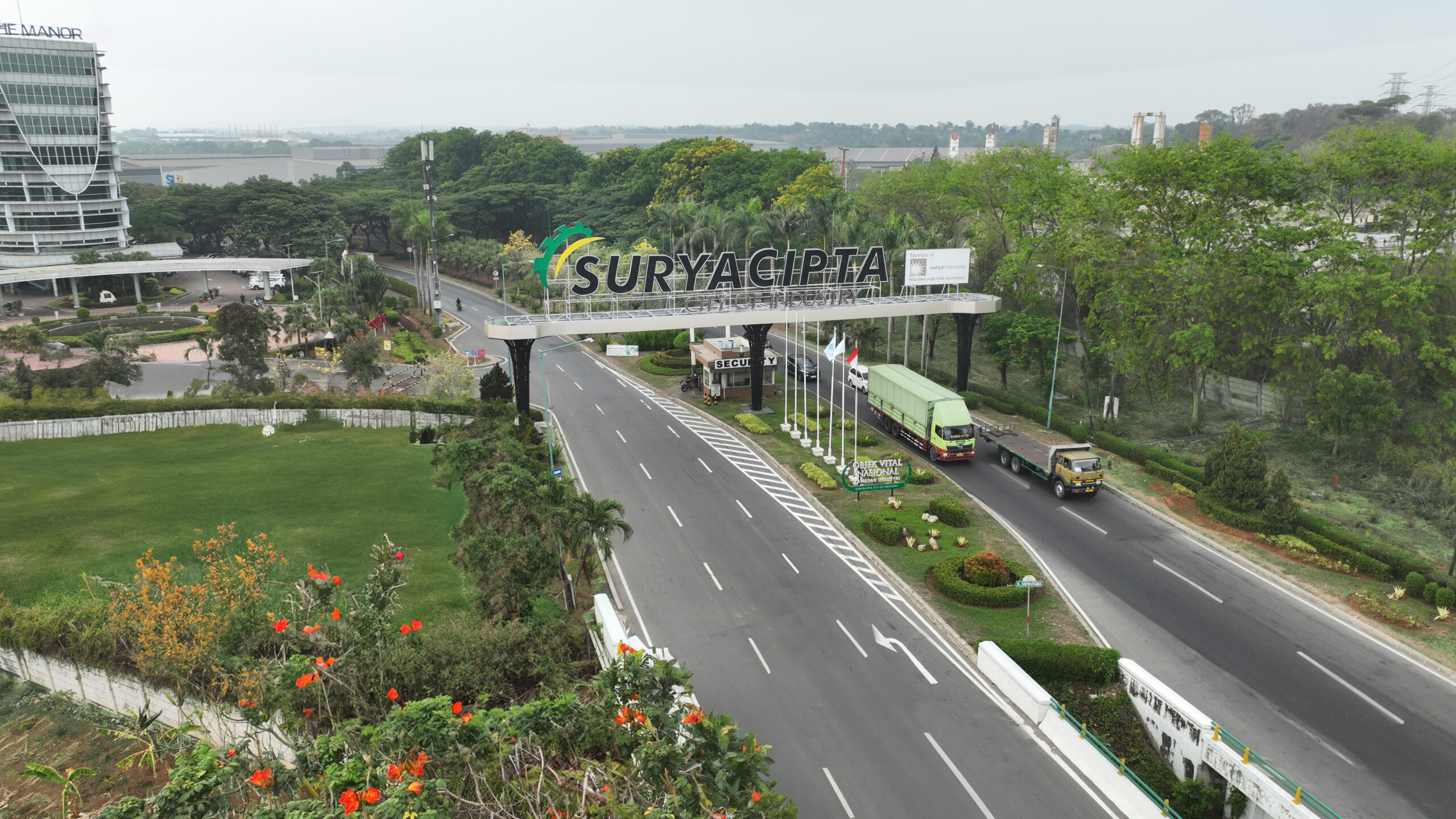As Indonesia stands on the brink of a new era, the automotive industry future is attracting considerable attention, both domestically and globally. With rapid advancements in technology and a shift towards sustainable practices, the Indonesian automotive sector is undergoing unprecedented transformation.
In this article, we explore this pivotal moment and offer a unique glimpse into the potential trajectories that could redefine the automotive landscape in the coming years.
Exploring the Dynamics of Indonesia’s Automotive Scene
Indonesia’s stature in the global automotive market has grown significantly, establishing the country as a prominent player in the Asia-Pacific region. With its substantial and expanding consumer base, Indonesia has become a magnet for foreign investment in automotive manufacturing, positioning it as a hub of production and market potential.
According to sources from ASEAN, Indonesia ranks as the second-largest car producer in Southeast Asia and the ASEAN region, trailing only behind Thailand. The country continues to experience rapid growth in both production and sales volumes.
This growth is fueled by several economic and technological drivers. Economically, Indonesia benefits from a demographic dividend that bolsters domestic demand, supported by government policies that promote automotive investment and trade. Technologically, the country is witnessing a swift adoption of innovative manufacturing technologies and a significant push toward electric vehicle (EV) production, influenced by global trends and local environmental policies.
Recent initiatives by the Indonesian government have further supported the electric vehicle sector, including the introduction of tax incentives and the development of necessary infrastructure. These efforts are propelling the automotive industry’s future into a new era of innovation and efficiency.
How Indonesia is Leading the Charge of EV Surge?
Indonesia is taking significant strides toward electrifying its automotive sector. The rapid growth trajectory of electric vehicles (EVs) in the country indicates an expanding market segment poised for substantial expansion in the years ahead.
In support of this transition, the Indonesian government is spearheading extensive infrastructure development to promote the adoption of electric vehicles. Notably, the state-owned electricity company, PLN, is leading the charge, with plans to construct 1,401 electric vehicle charging stations by 2025.
Additionally, the government has enacted regulations, including financial incentives such as tax exemptions and subsidies for purchasing electric vehicles. By aligning its policy framework with market demands and environmental objectives, Indonesia is setting a regional precedent for integrating sustainability into automotive industry growth in the future.
Smart Wheels: AI and Autonomy Revolutionizing Indonesian Autos
Artificial intelligence (AI) and autonomous technology are rapidly changing the automotive industry in Indonesia, ushering in a new era for manufacturing processes and consumer experiences. As technology advances, it brings significant efficiencies and innovations that are reshaping the automotive industry’s future. With AI, car companies can improve production precision and lower operational costs. Meanwhile, autonomous vehicles promise to revolutionize travel in Indonesia, enhancing safety and comfort.
To develop consumer-friendly technology, partnerships between leading automotive and tech companies are crucial. For instance, BYD, a top electric vehicle manufacturer, teamed up with Nvidia to integrate Nvidia’s chips into BYD’s next-generation vehicle, the Thor Drive. With Nvidia’s AI, these electric vehicles offer advanced autonomous driving and digital features.
This collaboration highlights a key trend: the merging of technology and the automotive industry, creating a synergistic effect that propels the automotive industry’s future toward greater innovation and sustainability. By leveraging this trend, Indonesia is positioning itself as a key player in the future automotive landscape, focused on smart, efficient, and user-friendly solutions.
How Indonesia is Greening Its Automotive Sector?
As global sustainability demands reshape industries worldwide, car manufacturers in Indonesia recognize the need to swiftly adapt to these changes to shape the automotive industry’s future. This shift towards sustainability isn’t merely a reaction to market pressures but a proactive effort to steward the environment.
In this regard, the Indonesian government enforces environmental regulations on factories to ensure sustainable industrial practices, as mandated by Environmental Law Number 32 of 2009, and amended by Law Number 11 of 2020 on Job Creation. This law covers various aspects of environmental usage and protection.
The stringent environmental regulations significantly impact manufacturing processes and product designs in the automotive sector. However, they underscore the government’s commitment to reducing the ecological footprint. For instance, GT Radial pledges to minimize air and water emissions, waste, and indirect materials while boosting reuse and recycling efforts.
This transition also involves integrating advanced technologies to curb emissions and enhance energy efficiency, a pivotal step towards securing the automotive industry’s future in sustainability.
Connecting Indonesia: The Boom of IoT in Vehicles
The integration of Internet of Things (IoT) technology into vehicles is a significant trend shaping the automotive industry’s future. This technological advancement enhances vehicle connectivity and functionality, providing consumers with a more interactive and responsive driving experience. IoT-equipped vehicles can communicate with each other through technologies like Vehicle-to-Vehicle (V2V) and Vehicle-to-Infrastructure (V2I), enabling improvements in traffic management, safety, and vehicle efficiency.
With this technology in place, the market response and consumer adoption of IoT-enabled vehicles have been positive, driven by increasing demand for connected devices, technological progress, and a focus on vehicle safety and efficiency. Recent data shows tremendous growth in the automotive IoT market, with the global market size projected to reach around USD 968.67 billion by 2032.
The shift towards IoT-connected vehicles isn’t just a passing trend but a fundamental aspect of the automotive industry’s future. As this technology continues to develop, its application is expected to become more widespread, fundamentally changing how people interact with their vehicles and setting new standards in automotive technology.
Innovations from Subang Smartpolitan
Subang Smartpolitan’s emergence as a significant hub for advanced automotive manufacturing underscores its strategic importance in shaping the industry’s future. The region is positioned to lead the way in future automotive production technology and sustainability practices.
With a strong emphasis on eco-friendly operations, Subang Smartpolitan serves as a model for sustainable industrial parks while driving technological innovation. This commitment positions Subang Smartpolitan to inspire similar developments nationally and globally, setting a standard for the future of the automotive industry in Indonesia.




